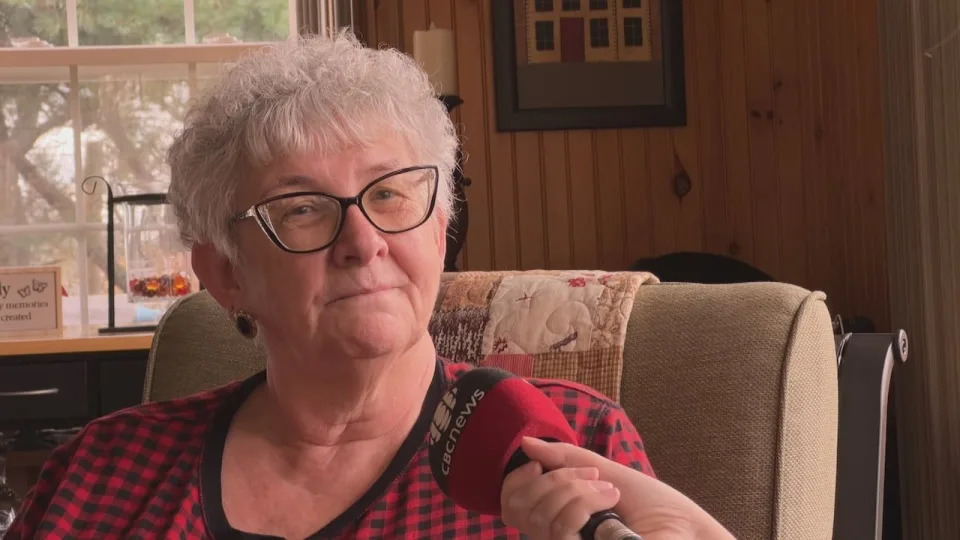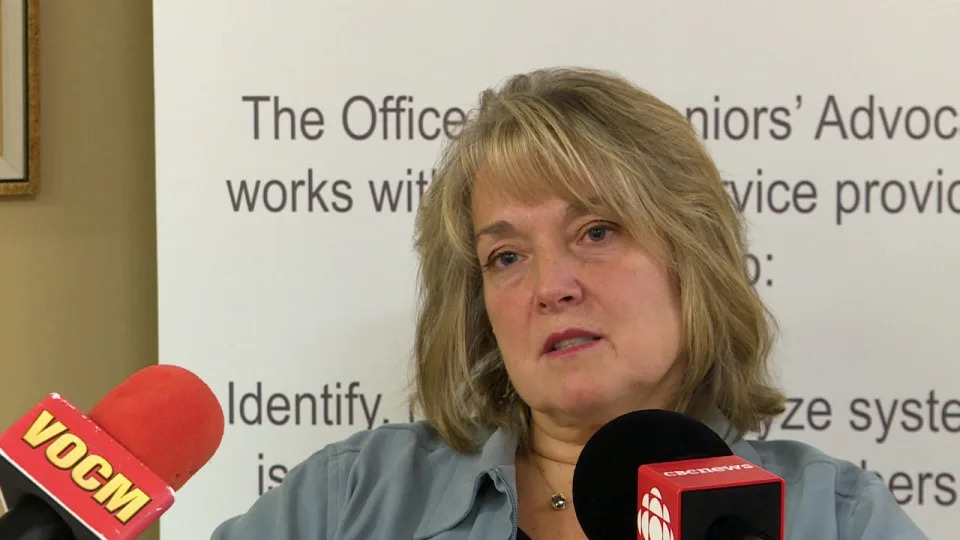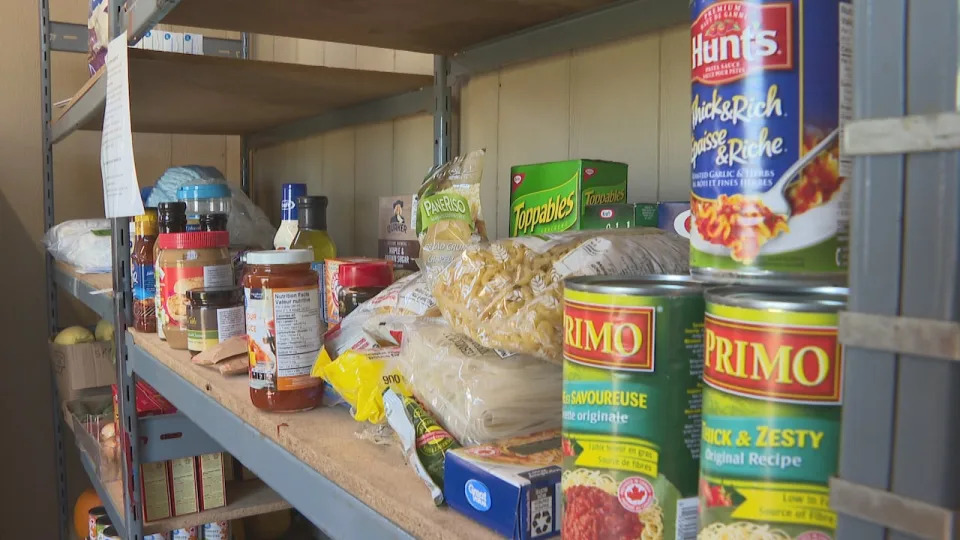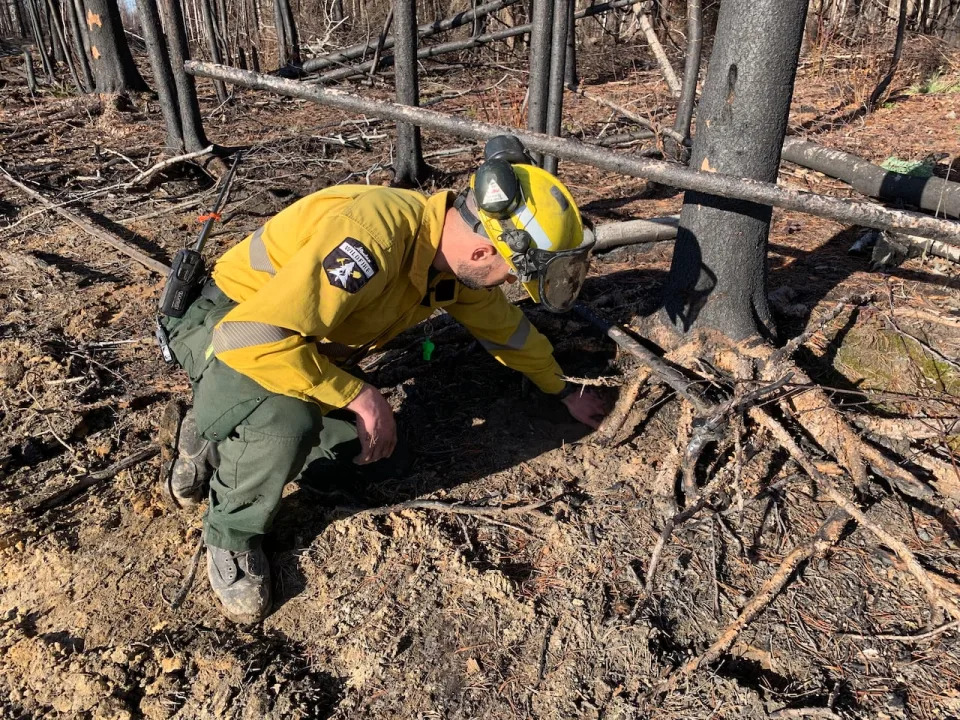MIKE SCHNEIDER
November 14, 2023

ORLANDO, Fla. (AP) — Disney on Tuesday released a study showing its economic impact in Florida at $40.3 billion as it battles Florida Gov. Ron DeSantis and his appointees over their takeover of the district that governs the entertainment company's massive resort in central Florida.
Disney accounted for 263,000 jobs in Florida, more than three times the actual workforce at Walt Disney World, according to the study conducted by Oxford Economics and commissioned by Disney, covering fiscal year 2022. Besides direct employment and spending, the study attributed the company’s multibillion-dollar impact to indirect influences, such as supply chain and employees’ spending.
The jobs include Disney employees as well as jobs supported by visitor spending off Disney World property. In central Florida, Disney directly accounts for 1 in 8 jobs, and for every direct job at Disney World, another 1.7 jobs are supported across Florida, Oxford Economics said.
The time period in the study is before the takeover earlier this year of Disney World's governing district by DeSantis and his appointees after Disney publicly opposed a state law banning classroom lessons on sexual orientation and gender identity in early grades. The law was championed by DeSantis, who is running for the 2024 GOP presidential nomination.
Disney officials in the past year have said the company plans to invest an additional $17 billion over the next decade in central Florida, including potentially adding another 13,000 jobs. However, the company has shown a willingness to pull back investing in the Sunshine State. Earlier this year, Disney scrapped plans to relocate 2,000 employees from Southern California to work in digital technology, finance and product development, an investment estimated at $1 billion
Disney World already has four theme parks, more than 25 hotels, two water parks and a shopping and dining district on 25,000 acres (10,117 hectares) outside Orlando, Florida.
Disney is battling DeSantis and his appointees in federal and state courts over the takeover of what was formally called the Reedy Creek Improvement District but was renamed the Central Florida Tourism Oversight District after DeSantis appointees gained control. The district was created by the Florida Legislature in 1967 to handle municipal services like firefighting, road repairs and waste hauling, and it was controlled by Disney supporters until earlier this year.
Before control of the district changed hands from Disney allies to DeSantis appointees, the Disney supporters on its board signed agreements with Disney shifting control over design and construction at Disney World to the company. The new DeSantis appointees said the “eleventh-hour deals” neutered their powers, and the district sued the company in state court in Orlando to have the contracts voided. Disney has filed counterclaims, which include asking the state court to declare the agreements valid and enforceable.
Disney also has sued DeSantis, a state agency and DeSantis appointees on the district's board in federal court in Tallahassee, saying the company's free speech rights were violated when the governor and Republican lawmakers targeted it for expressing opposition to the law dubbed “Don't Say Gay” by its critics.
___
Follow Mike Schneider on X, formerly known as Twitter: @MikeSchneiderAP.






















